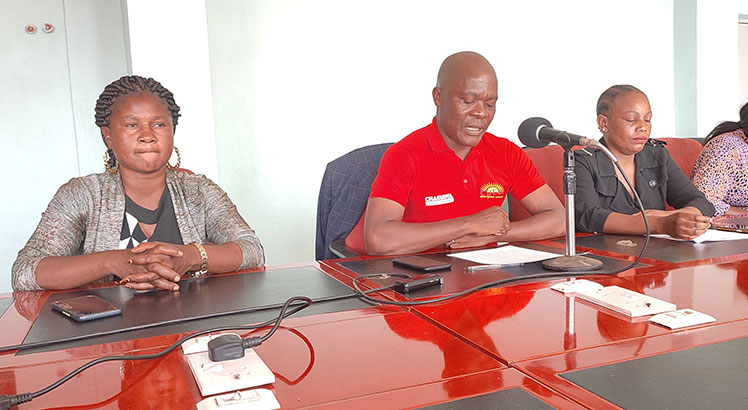Child poverty report exposes inequalities
Findings from the first ever Malawi Child Poverty Report indicate that 63 percent of Malawi’s children are deprived of access to basic needs such as adequate nutrition, quality education, safe drinking water, sanitation facilities and health.
Unicef has since warned that without decisive steps to break the cycle of poverty, the society will continue to deny millions of children a fair chance in life and this may further disadvantage future generations.
Unicef, together with government, launched the report in Lilongwe on Wednesday alongside the UN agency’s flag ship report, the State of the World’s Children 2016.

This is the first time in Malawi that child poverty has been analysed in all its dimensions.
“Of the 63 percent of deprived children, 93 percent live in the rural areas of Malawi in the poorest households where they face multiple challenges that adversely affect their futures,” the report reads.
However, there are also some bright prospects highlighted in the report such as reduced child mortality and increased school attendance in primary school.
Unicef country representative Johannes Wedenig said: “The two [reports] are complementary to each other. The Malawi Child Poverty Report highlights the importance of not just measuring incomes but also children’s access to basic needs while the State of the World’s Children Report calls for equitable opportunities for every child.”
Reacting to the report, Secretary to the Treasury Ronald Mangani said there will be need for concerted effort between government and all stakeholders to ensure that children have access to adequate nutritious food, education, health, water and sanitation, among others “so as to achieve national development and the aspirations of the Sustainable Development Goals”.
The report is a product of a study the government, in collaboration with the Unicef Country Office, commissioned on Child Poverty, following a Unicef global study on child poverty and disparities carried out in 2010.





